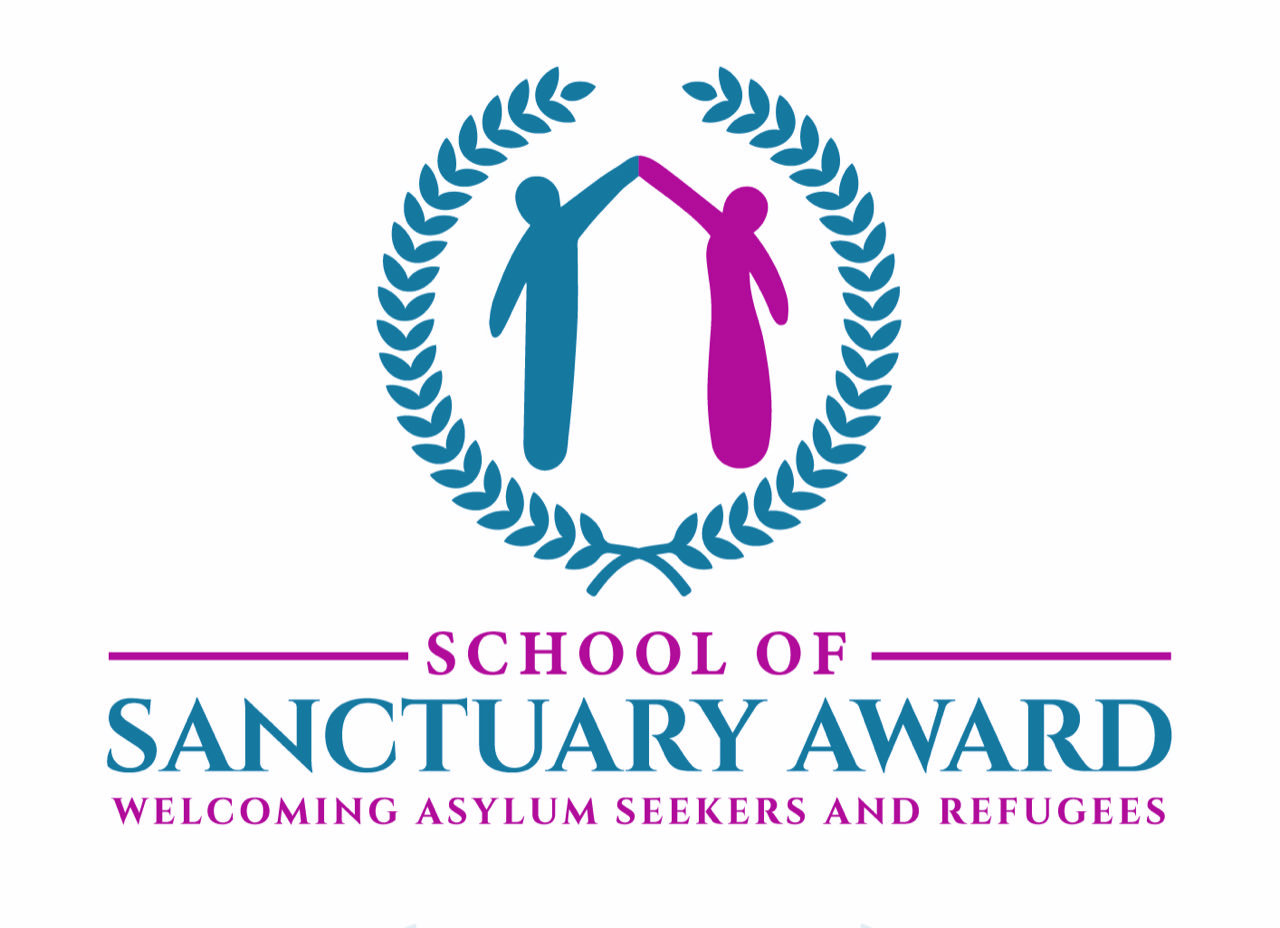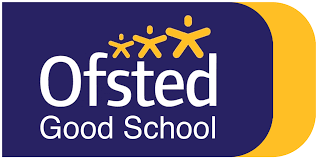Computing
The prevalence of digital technology in the current environment means that digital competency is an essential skill for living and participating in modern society and operating in the workplace. Innovations in digital technology has been a great disruptor to traditional businesses and way of life, drastically changing our lifestyle, our access to information and services globally, and how government and business operates. It is also a great enabler to social mobility where small adaptable technology companies are able to overtake traditional huge businesses.
means that digital competency is an essential skill for living and participating in modern society and operating in the workplace. Innovations in digital technology has been a great disruptor to traditional businesses and way of life, drastically changing our lifestyle, our access to information and services globally, and how government and business operates. It is also a great enabler to social mobility where small adaptable technology companies are able to overtake traditional huge businesses.
Digital competences are defined as the confident, critical and responsible use of, and engagement with, digital technologies for learning, at work, and for participation in society. It includes information and data literacy, communication and collaboration, digital content creation (including programming), safety (including digital well-being and competences related to cybersecurity), and problem solving.
The key elements in the Computing Curriculum are as follows :
Understand how digital systems works, apply the fundamental principles and concepts of Computer Science; eg
Understand the hardware and software components that make up computer systems
Understand how the internet works
Analyse problems and have repeated practical experience of creating logic (including programming) to solve such problems; eg
Use logical reasoning to design a solution to a problem, create detailed step by step instructions for the solution
Programming
Responsible, competent, confident and creative users of information and communication technology; eg
Safety use of the internet, cyberbullying, use of password
Creating digital artefacts for a given audience eg presentation, website
Key Stage 3 Overview
Year 7
Students are using an exciting new e-learning platform called Tynker (Using syllabus 101 and 102) where they are developing games and programs using code. This enables the students to learn the key programming skills where they can develop their creative thinking, problem solving and open themselves to other programing languages.
Students are also taught Scratch, which is similar to Tynker, but has a more personalised approach where students can draw their own characters and personalised sounds. Again, we are developing their creativity by enabling them to create and personalise their learning.
Year 8
Students are using an exciting new e-learning platform called Tynker (Using syllabus 201 and 202) where they are developing games and programs using code. This enables the students to learn the key programming skills where they can develop their creative thinking, problem solving and open themselves to other programing languages.
Students are also taught Scratch, which is similar to Tynker, but has a more personalised approach where students can draw their own characters and personalised sounds. Again, we are developing their creativity by enabling them to create and personalise their learning.
Year 9
Students are using an exciting new e-learning platform called Tynker (Using syllabus 301 and 302) where they are developing games and programs using code. This enables the students to learn the key programming skills where they can develop their creative thinking, problem solving and open themselves to other programing languages.
Students are also taught Scratch, which is similar to Tynker, but has a more personalised approach where students can draw their own characters and personalised sounds. Again, we are developing their creativity by enabling them to create and personalise their learning.
Key stage 4 overview
The department has invested a lot of time and effort to ensure all pupils work, assessment and tracking is securely on the cloud and accessible 24 hours a day 7 days week. This bespoke E-Learning systems enables our students to access and continue with their lessons beyond the classroom. All homework is set, completed, assessed and feedback is given quickly.
Year 10
Students are taught OCR Computer Science GCSE which consists of 3 Units;
- Unit A451 is a Written External Exam
- Units A452 and A453 are both Controlled Assessments
This course is equivalent to 1 GCSE
- Unit A451 40% - 1 hour 30 minutes Written paper 80 marks
- Unit A452 30% - Investigative task. OCR-set scenario with a choice of research tasks. 45 marks
- Unit A453 30% - Controlled assessment Programming task. Design, develop and test a solution to a problem within the OCR-set scenario. 45 marks
Year 11
Students are taught OCR Computer Science GCSE which consists of 3 Units;
- Unit A451 is a Written External Exam
- Units A452 and A453 are both Controlled Assessments
This course is equivalent to 1 GCSE
- Unit A451 40% - 1 hour 30 minutes Written paper 80 marks
- Unit A452 30% - Investigative task. OCR-set scenario with a choice of research tasks. 45 marks
- Unit A453 30% - Controlled assessment Programming task. Design, develop and test a solution to a problem within the OCR-set scenario. 45 marks
Students in year 11 also complete an ECDL (European Computer Driving Licence) course for schools. This ECDL IT Application Skills is equivalent to a GCSE and has an outcome from Pass to Distinction*. Students need to complete 4 Units to get the qualifications:
- Spreadsheet (Microsoft Excel) – 75% Pass mark
- Presentation (Microsoft PowerPoint) – 75% Pass mark
- Word Processing (Microsoft Word) – 75% Pass mark
- Improving Productivity in MS Office – 55% Pass mark
Key Stage 5 Overview
Just the same as the KS4, the Business and Computing department has invested a lot of time and effort to ensure all pupils work, assessment and tracking is securely on the cloud and accessible 24 hours a day 7 days week. This bespoke E-Learning systems enables our students to access and continue with their lessons beyond the classroom.
All homework is set, completed, assessed and feedback is given quickly. Our Sixth formers have access to content, able to work independently from anywhere and submit assessment electronically for plagiarism checking.
Year 12
BTEC Business Level 3 Extended Diploma Students Complete 18 Unit over a 2 year period This course is equivalent to 3 A Levels.
- U - Ungraded (Student has no Evidence)
- P - Pass Equivalent to C
- M - Merit Equivalent to B
- D - Distinction Equivalent to A
- D* - Distinction Star Equivalent to A*
Have a look at the course online booklet for more information.
Year 13
BTEC Business Level 3 Extended Diploma Students Complete 18 Unit over a 2 year period This course is equivalent to 3 A Levels.
- U - Ungraded (Student has no Evidence)
- P - Pass Equivalent to C
- M - Merit Equivalent to B
- D - Distinction Equivalent to A
- D* - Distinction Star Equivalent to A*
Have a look at the course online booklet for more information.
Useful websites for this subject
http://Google.com (Google Drive, Google Classroom and Google Keep)
http://teachingwithcrump.weebly.com





